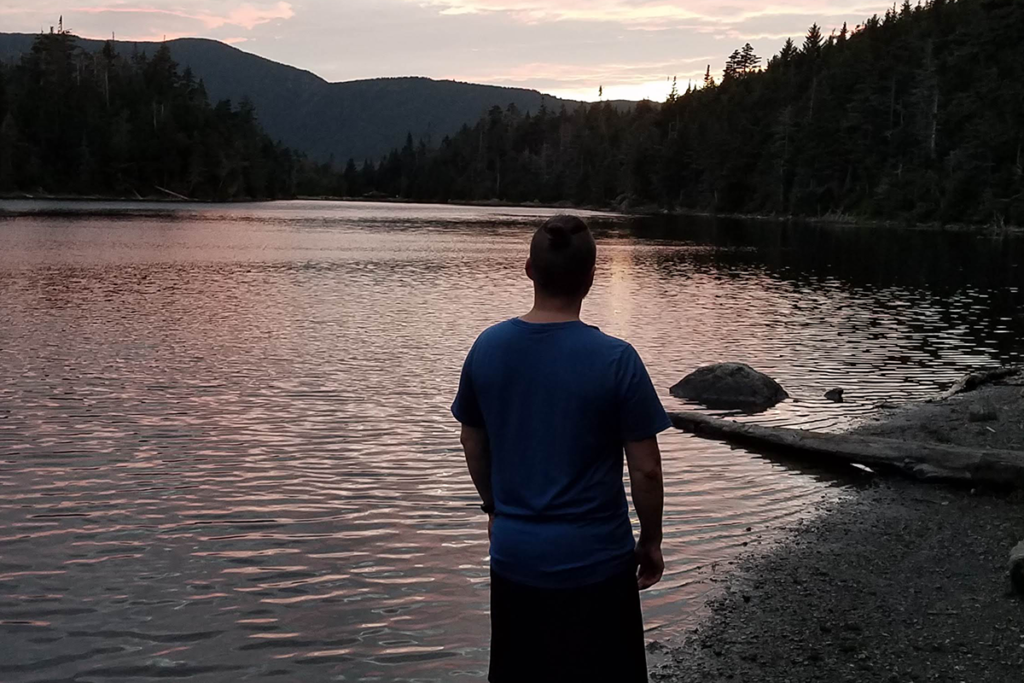
This article was written by Aubri Drake. It previously appeared in the Spring 2021 Long Trail News under the title “We Can All Belong: A Transgender Thru-Hiker’s Reflections on the Long Trail.”
In August 2018, I set out to hike the Long Trail with my friend Beth, who I met on the Appalachian Trail in Virginia in 2015 when she’d been a northbound thru-hiker and I’d been halfway through my four-year AT section hike. The Long Trail greeted us with drought and a record-breaking heatwave. While we encountered border patrol, dehydration, and lightning strikes close enough to smell ozone, the most frightening force of nature I encountered on that entire journey was a 10-year-old boy.
On day eight we took a lunch break at Montclair Glen Lodge, in the shadow of Camel’s Hump. We were cheerfully accosted by a group of six day hikers, looking for answers to classic thru-hiker questions like, “Where do you get more food?” and “Where do you sleep?” As we chatted amicably, one of their children, a boy around 10, elbowed his way through the group, ignoring the conversation taking place, and interrupted: “What are you? Are you a boy or a girl?”
My stomach clenched and my brain shot into overdrive; this was not the first time I’d had a child confront me about my gender nonconformity. I quickly started doing social calculus to determine the odds that one of these parents would become infuriated with me over the discomfort of their child. I’ve been dealing with angry and violent parents in public restrooms since I first cut my hair short in high school 20 years ago; I’ve been shouted at, violently chased out of bathrooms, and had people attempt to hit me, all because I needed to pee.
I existed uncomfortably in the world being read as a woman until I was 24, when I learned there were genders beyond boy or girl and discovered words to describe myself. I’m nonbinary, transgender, and queer; I use they/them pronouns with everyone in my day-to-day life, including professionally. I’m able to fully inhabit my gender and bring my whole self to my daily life, which is not the case for many trans and non-binary folks. But on trail, I have to carefully weigh inhabiting my gender against the potential deadly cost of transphobic and homophobic violence. Violence which can start with a seemingly small, uncomfortable social interaction that goes very wrong, very fast, like a child saying to me “What are you?”
I’ve had young children ask, “Are you a boy or a girl?” coming from a place of genuine curiosity, as they try to track my gender onto the two binary genders they’ve been taught. But this was different. The derision in this 10-year-old’s tone made it clear he wasn’t actually asking a question; he had examined me and concluded that I wasn’t performing maleness ‘right.’ This is where all violence starts — with dehumanization. In one single sentence, he had stripped me of my humanity — I was now an it.
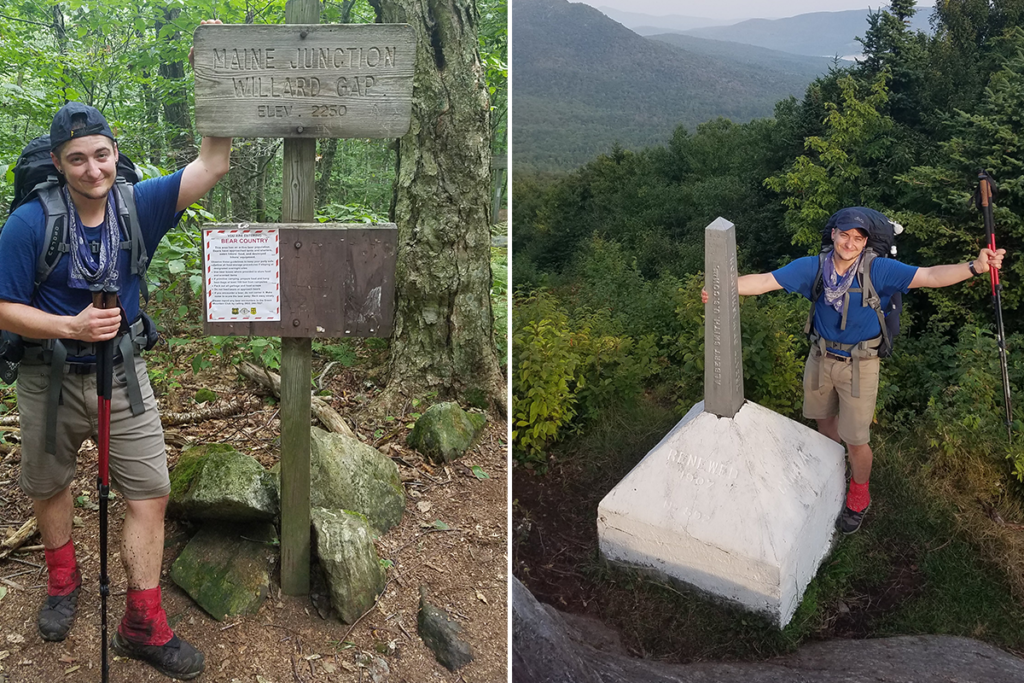
I’ve repeatedly run into the sentiment on the trail and in hiking forums that “politics don’t belong on trail.” But the outdoor industry defaults largely to white, able-bodied, heterosexual, non-transgender hikers, and for those of us in marginalized communities, our very survival is political. By saying that politics don’t belong on trail, they’re saying that we don’t belong on trail. The wilderness doesn’t ‘see’ gender, ability, sexuality, or race, but all humans do, and we bring our assumptions into the woods with us. Assumptions which have the power to erase, harm, and even kill those of us who transgress the norms. In a nationally representative survey of almost 28,000 transgender people, 46 percent reported being verbally harassed in the last year, with 9 percent being physically attacked for being transgender. And even beyond overt violence, the impacts of the stigma and discrimination faced by trans and non-binary people takes a toll on our mental health: 40 percent of survey respondents had attempted suicide in their lifetime, which is 9 times the rate of the general U.S. population.1
In the tense silence following the boy’s accusation, I weighed many factors, including that the adults all looked horrified at what the child had just said. I took a calculated risk: I directly addressed the question. “I’m curious to know why you think it matters. Gender is a very personal question and we don’t know each other. Why should it matter to you if I’m a boy or a girl?” The boy opened his mouth to respond and started to step towards me, and I was afraid for a moment he would hit me. Luckily, his mother swooped in then, put a hand over his mouth, and said, “That’s a very good answer. That isn’t something you should ask other people, that’s very personal.” The group bid us a good day and left as quickly as their legs could carry them, but not before the adults gave me grateful looks for my attempt to peacefully defuse the situation. While the interaction was short, it took an hour for my hands to stop shaking, and I spent the rest of the day stuck in memories of all the times I’d been in danger because of who I am.
We Can All Belong
I urge you to consider the impact you have on other hikers, even in seemingly small ways. Asking people of color “So where are you from?” may seem innocent enough if you’ve never been repeatedly interrogated by people who believe all Americans should be white. Asking someone whose gender you can’t quite figure out, “What are you?” may seem innocent enough, if you haven’t spent years experiencing transphobic harassment and violence. Those of us who hold with marginalized identities must watch every interaction closely, because every person we encounter could become violent.
At the same time, we all have the power to make other people feel welcome in the outdoors. You can start by becoming more aware of your own assumptions — about things like people’s race, ability, or gender — and consider why you might want to question other hikers. Would you ask this question of a heterosexual white man? Would you ask this question of yourself? Talk to everyone as if they belong, because we all do, whether it’s our first hike or our fiftieth, whether we’re doing five miles or 25. Be ready to support and stand with us in solidarity if you see someone else making us unwelcome.
At the end of a long day of hiking, I want to be greeted with camaraderie, to talk about the muddy trail, the endless last climb to the shelter, the mice doing trapeze tricks in the rafters, the state of the next water source, how many miles until the next stop in town, and exactly what we’re going to eat when we get there.
Next time we see each other in a shelter or passing by on the trail, I hope we can let go of our assumptions, say ‘hi,’ and ask each other who we are, rather than what.
How to be an Ally on the Trail
- Educate yourself on the barriers faced by marginalized communities when it comes to getting outdoors and being safe there.
- Share this knowledge with friends and family.
- Be ready to stand in support and solidarity if you see someone making others feel unwelcome (while keeping yourself and others safe).
- Invite friends and acquaintances who have marginalized identities to join you on a hike or adventure. Loan them gear if they need it.
- Follow and support organizations that facilitate access to the outdoors. Aubri recommends Outdoor Afro, Wild Diversity, Queer Nature, the Venture Out Project, and Unlikely Hikers, among many others. Follow them on Instagram and donate to their causes if you can.
About the author
Aubri ‘Data’ Drake (pronouns: they/them) has thru-hiked many long trails, including the Appalachian Trail (2013-2017); the Long Trail and the Tour du Mont Blanc (2018); the John Muir Trail and the Tahoe Rim Trail (2019); and the Washington Pacific Crest Trail (2020). They’ve spent many weekends peak-bagging summits in the Northeast, completing the Northeast 115 Four Thousand Footers, the New England Hundred Highest, and the New England 67 Four Thousand Footers in winter; as well as ultrarunning the Northeast Ultra 8, and the New England Scenic Trail across Massachusetts. You can follow Aubri’s adventures on their blog or on Instagram.
The mission of the Green Mountain Club is to make the mountains of Vermont play a larger role in the life of the people. We are committed to ensuring the GMC and Long Trail system are places that are inviting, safe, and open, regardless of age, gender, race, religion, ethnicity, ability, sexual orientation, or socioeconomic status.


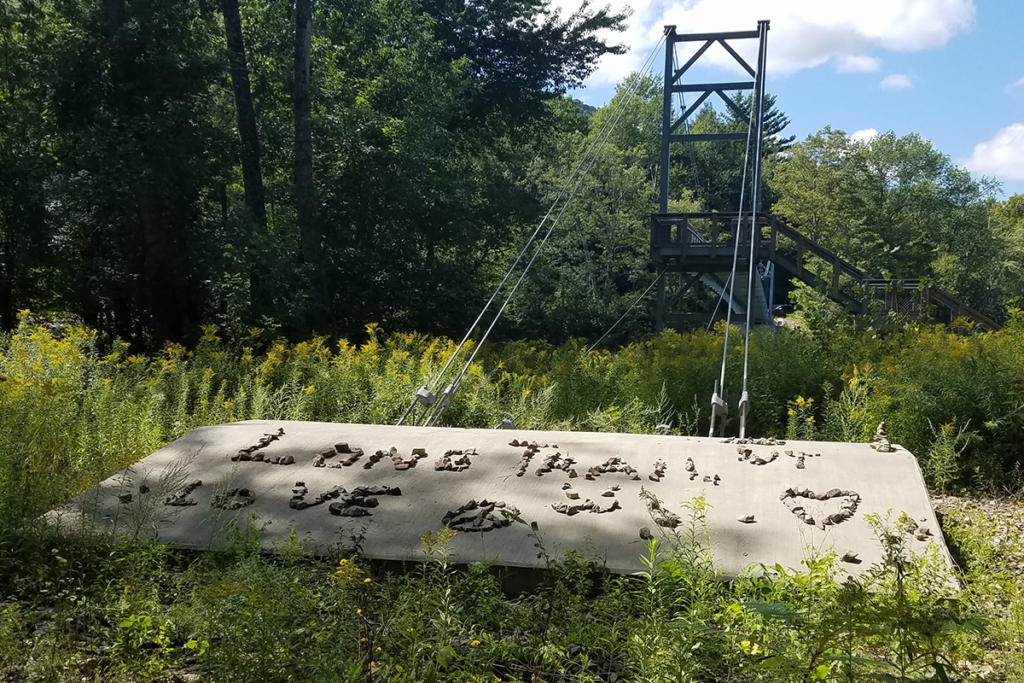
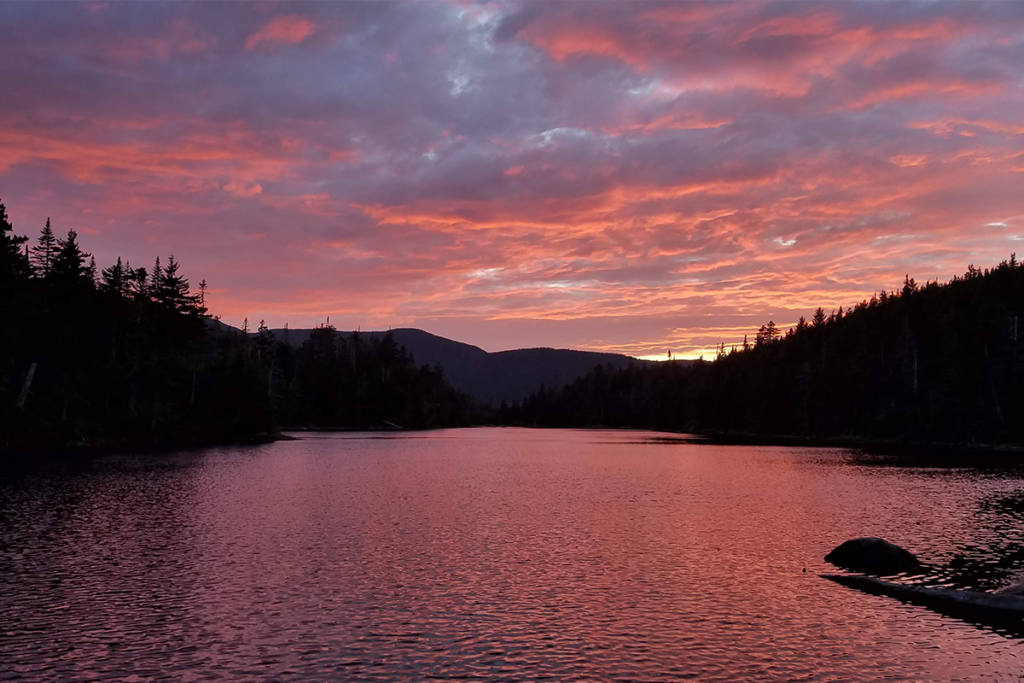
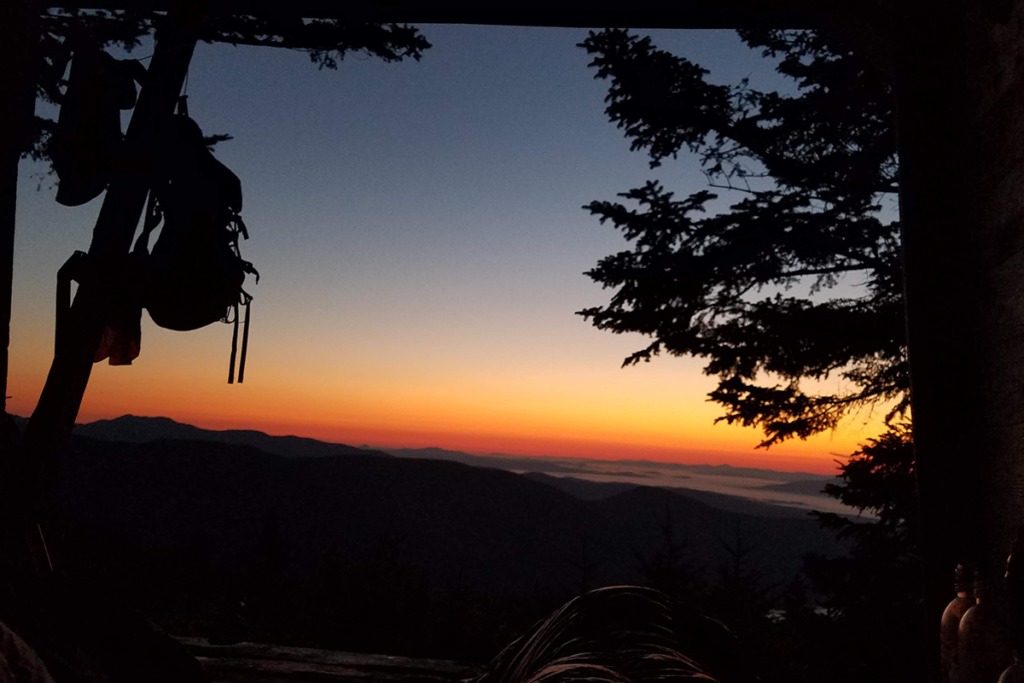

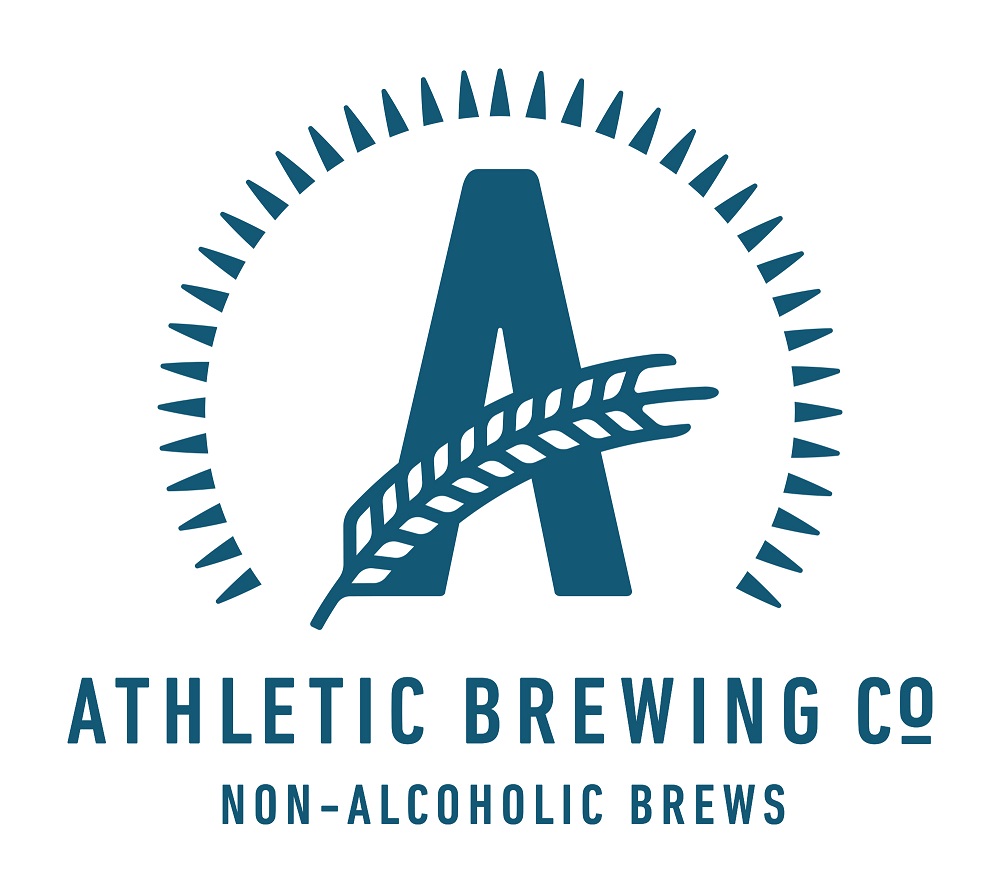
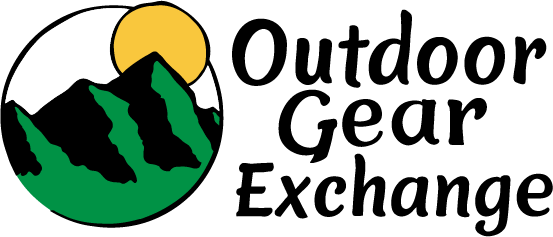














Excellent essay about real issues for real people on the trail. I love your analysis and response to the old trope “politics don’t belong on trail’. Seems the feminist adage “the personal is political” never made it to the trail community. Keep on truckin’ Aubri!
Thank you for sharing your story, Aubri. Happy Trails!
Thank you for sharing your lived experience and your perspective. As a non-binary hiker, I can relate all too well to the apprehension and straight up terror you’ve captured in this essay. And you’ve posed some really important questions that we all need to consider (“Would you ask this question of a heterosexual white man? Would you ask this question of yourself? Talk to everyone as if they belong, because we all do…”). Keep on keepin’ on and maybe we’ll cross paths one day!